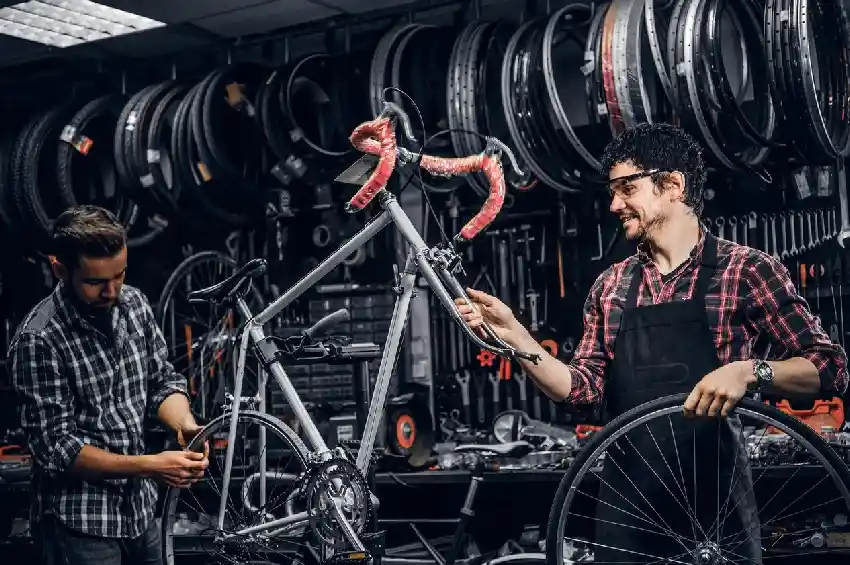As governments around Australia tighten regulations for E bikes, E scooters and regular bicycles, independent bike dealers have an excellent opportunity to strengthen their market position. Rather than perceiving these rules as a barrier, smaller merchants should see them as a stimulus for distinction, superior service and long term success. With careful planning and customer focused activities, independent dealers can position themselves as trusted leaders in compliance, high quality cycling solutions, having a big impact on Australia’s evolving bicycle trade.
- Understanding the New Regulations
Stricter standards around speed limits, power output, and safety features, especially for E bikes and E scooters, are being introduced across most states. The changes include limiting speeds of 25 km/h, motor restrictions of 250W and clear directions for using shared pathways. Dealers who understand these changes can assist educate their consumers, guiding them to safe and legal purchases. This not only establishes them as trustworthy, and informed retailers but also gives them a competitive advantage.
- Offering Expert Guidance
Independent dealers are perfectly positioned to provide individual guidance. Unlike big box stores or internet platforms, they can explain how new restrictions effect each rider’s options. This includes assisting purchasers in selecting the appropriate conforming model, answering insurance and registration questions (where necessary), and providing legal counsel. This quality of service fosters trust; an important advantage as consumers become more concerned about following legal requirements.
- Stocking Compliant, High Quality Products
With stronger regulations in place, there is a growing demand for bikes, and electric mobility devices that fulfil Australian safety standards. Independent merchants can respond by collaborating with reputable manufacturers and carrying certified, compliance products. Promoting these options explicitly “in store” and online reassures customers and provides a level of openness that many larger retailers lack. It also strengthens the credibility of independent businesses within the larger context of bicycle trading in Australia.
- Capitalising on Servicing and Upgrades
New legislation frequently require speed or motor modifications to existing E motorcycles, allowing dealers to expand their servicing capabilities. Offering these services, such as adding speed limiters, updating firmware and replacing non compliant parts, can help dealers earn additional revenue. It also motivates clients to return for frequent maintenance, so strengthening the buyer supplier relationship.
- Educating Through Community Engagement
Hosting workshops, information sessions or local ride days is a fantastic way for dealers to connect with their communities. These events give stores the chance to inform customers about important regulatory changes, safe riding practices, and the right gear to use. Getting involved with the community does more than just boost brand awareness; it also positions the dealer as a trustworthy and knowledgeable figure in the local cycling scene.
- Building a Trusted Online Presence
Many customers conduct online product research before making a purchase, particularly when dealing with complex legislation. Independent dealers should keep their websites up to date and provide clear information on compliant models, regulatory rules and accessible services. A strong internet presence can attract customers who desire the certainty of competent, local service which national chains and online marketplaces may not always give.
Conclusion
Stricter cycling rules are more than simply a compliance issue; they represent a financial opportunity for independent bike dealers. Businesses may succeed in a shifting regulatory world by remaining informed, providing better service and concentrating on community needs. By doing so, they not only maintain their position in local marketplaces, but also make a significant contribution to, responsible bicycle commerce in Australia.







